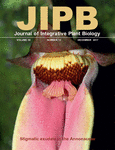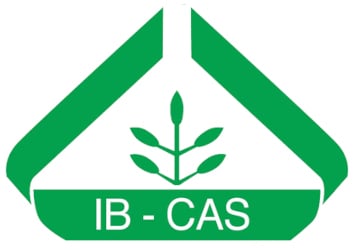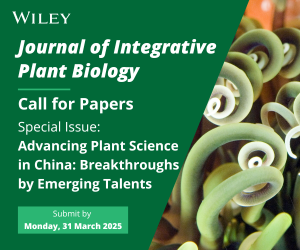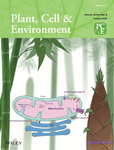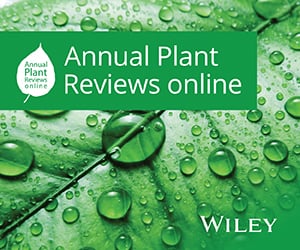Journal list menu
Export Citations
Download PDFs
Cover Picture
Cover Caption: Stigmatic exudate in the Annonaceae
- Page: C1
- First Published: 04 December 2017
Stigmas in the early-divergent flowering plant family Annonaceae are covered with a sticky fluid when receptive. In this issue, Lau et al. (pp. 881–894) investigate alternative functional explanations for this exudate, demonstrating three parallel roles: as sugar-rich reward for beetle pollinators; providing optimal conditions for pollen hydration and germination; and as a medium to allow intercarpellary growth of pollen tubes.
Issue Information Page
Miscellaneous
Letter to the Editor
NaMYB8 regulates distinct, optimally distributed herbivore defense traits
- Pages: 844-850
- First Published: 26 August 2017
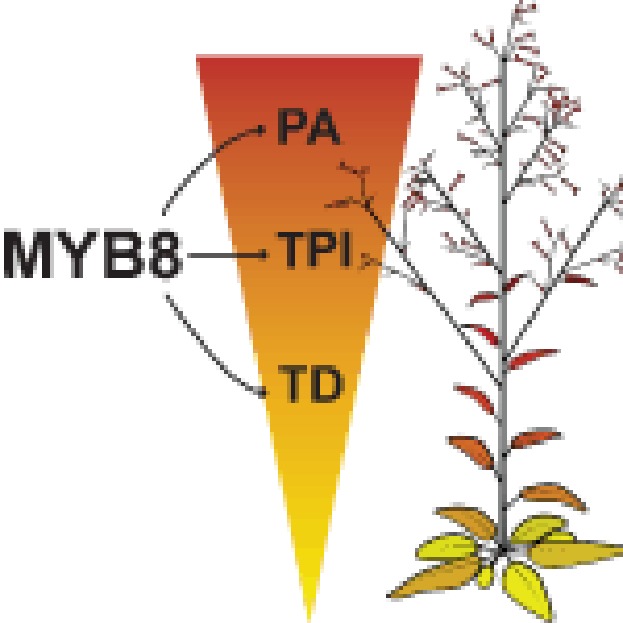
Tissues contributing most to plant fitness, such as younger leaves and flowers, are often the best defended: a prediction of optimal defense theory (OD). The mechanisms determining optimal distributions are poorly understood. We show that a MYB transcription factor co-regulates biosynthetically unrelated defenses which share an optimal distribution.
High-Impact Article
Cell and Developmental Biology
Arabidopsis EXO70A1 recruits Patellin3 to the cell membrane independent of its role as an exocyst subunit
- Pages: 851-865
- First Published: 16 August 2017
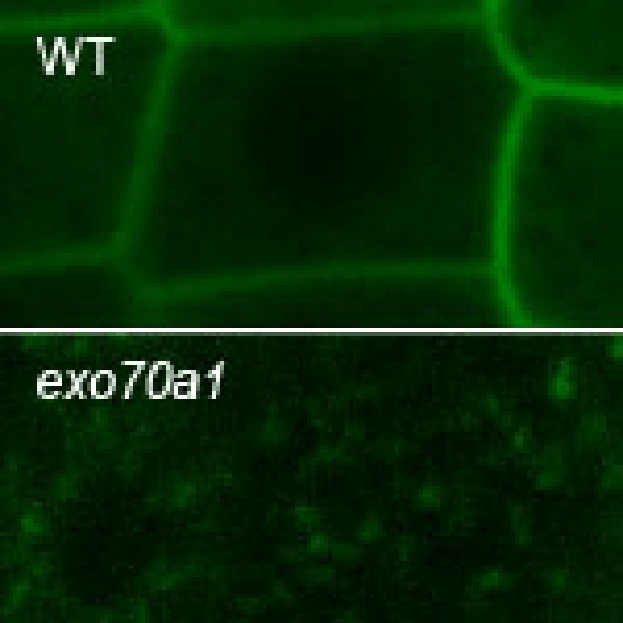
The octameric exocyst complex is thought to act as a whole to tether vesicles before fusion. In this study, exocyst subunit EXO70A1 was found to play a unique role in recruiting cytosolic PATL3 onto the cell membrane, independent of the conventional role of the exocyst in secretory/recycling vesicle-tethering.
Research Articles
Functional Omics and Systems Biology
Genetic dissection of top three leaf traits in rice using progenies from a japonica × indica cross
- Pages: 866-880
- First Published: 06 September 2017
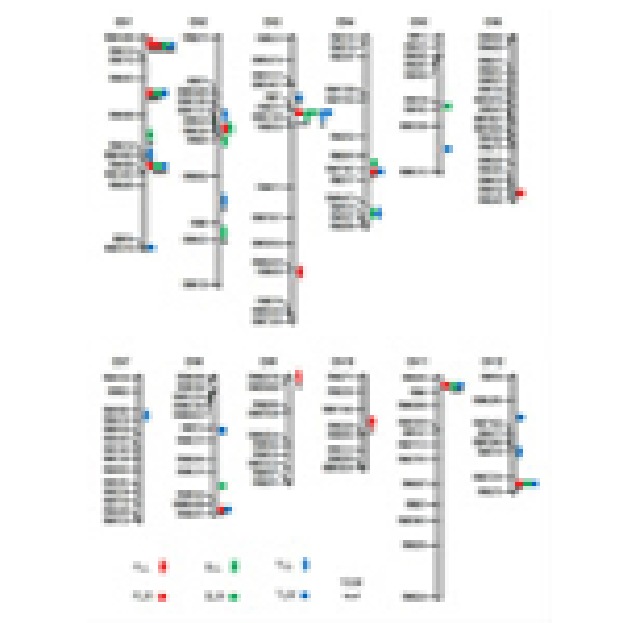
Top three leaves in rice determine plant type and grain yield. Using one japonica×indica cross, we identified 30 genomic regions and then confirmed 23 of them affecting length and width of the top three leaves. Compared with length, width is more correlated with each other, sharing more common genes.
Molecular Ecology and Evolution
Stigmatic exudate in the Annonaceae: Pollinator reward, pollen germination medium or extragynoecial compitum?
- Pages: 881-894
- First Published: 06 September 2017
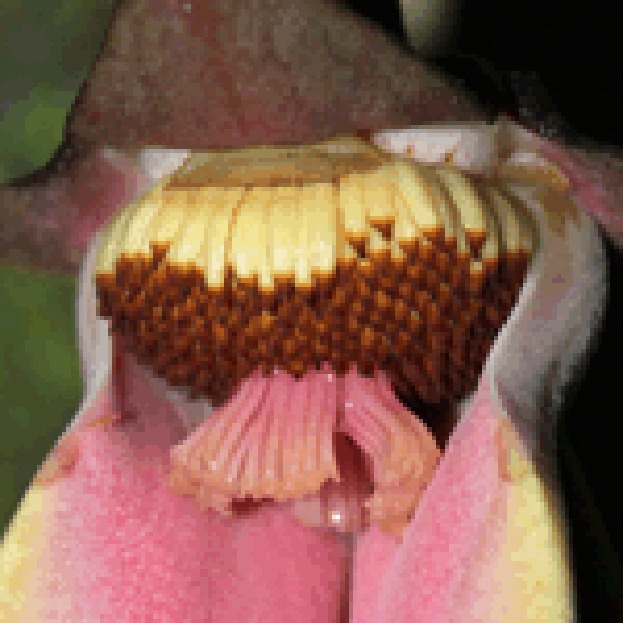
Unlike most early-divergent flowering plants, Annonaceae species produce copious stigmatic fluid when receptive. We investigated the role of this exudate, and provided evidence to support three functions: as a food reward for pollinators; as a pollen germination medium; and as a medium that allows pollen tube growth between separate carpels.
High-Impact Article
Molecular Physiology
Potassium channel AKT1 is involved in the auxin-mediated root growth inhibition in Arabidopsis response to low K+ stress
- Pages: 895-909
- First Published: 07 August 2017
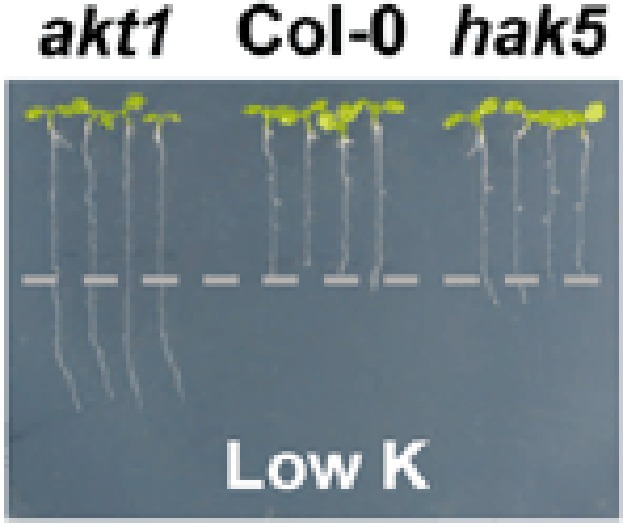
AKT1 is an important K+ channel that mediates K+ uptake in Arabidopsis root. Here, we demonstrated that AKT1 plays an essential role in Arabidopsis response to low K+ stress. AKT1 can perceive external K+ concentration and subsequently regulate primary root growth by modulating PIN1 degradation and auxin redistribution.




